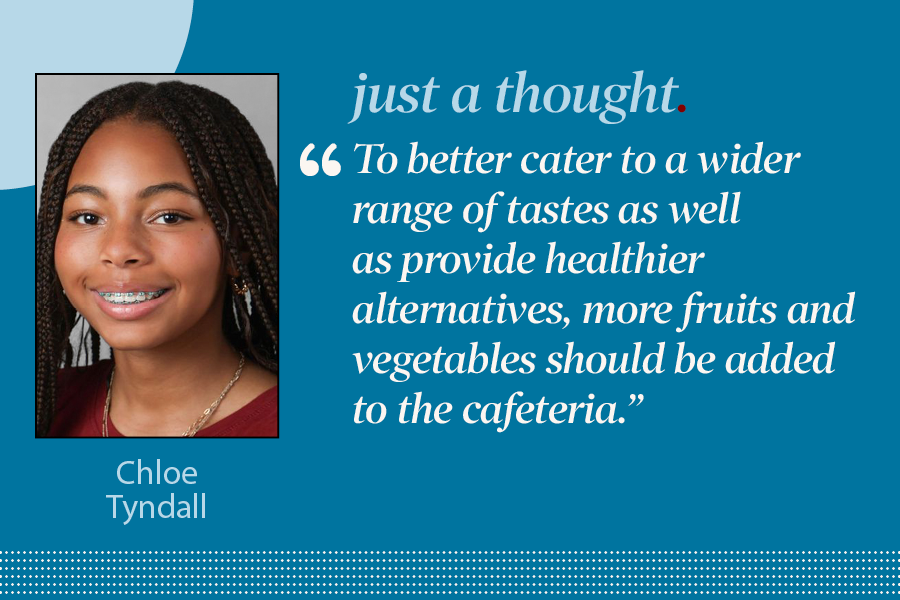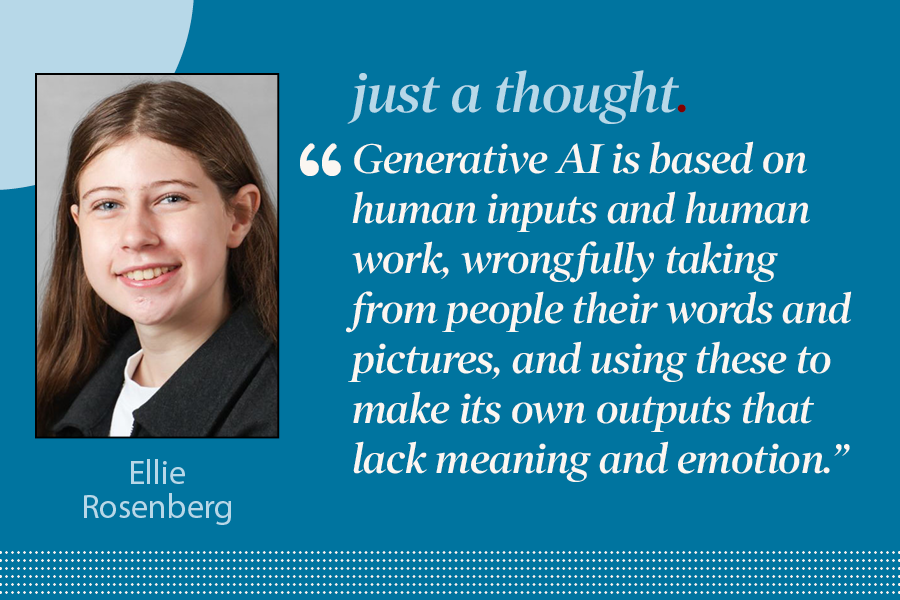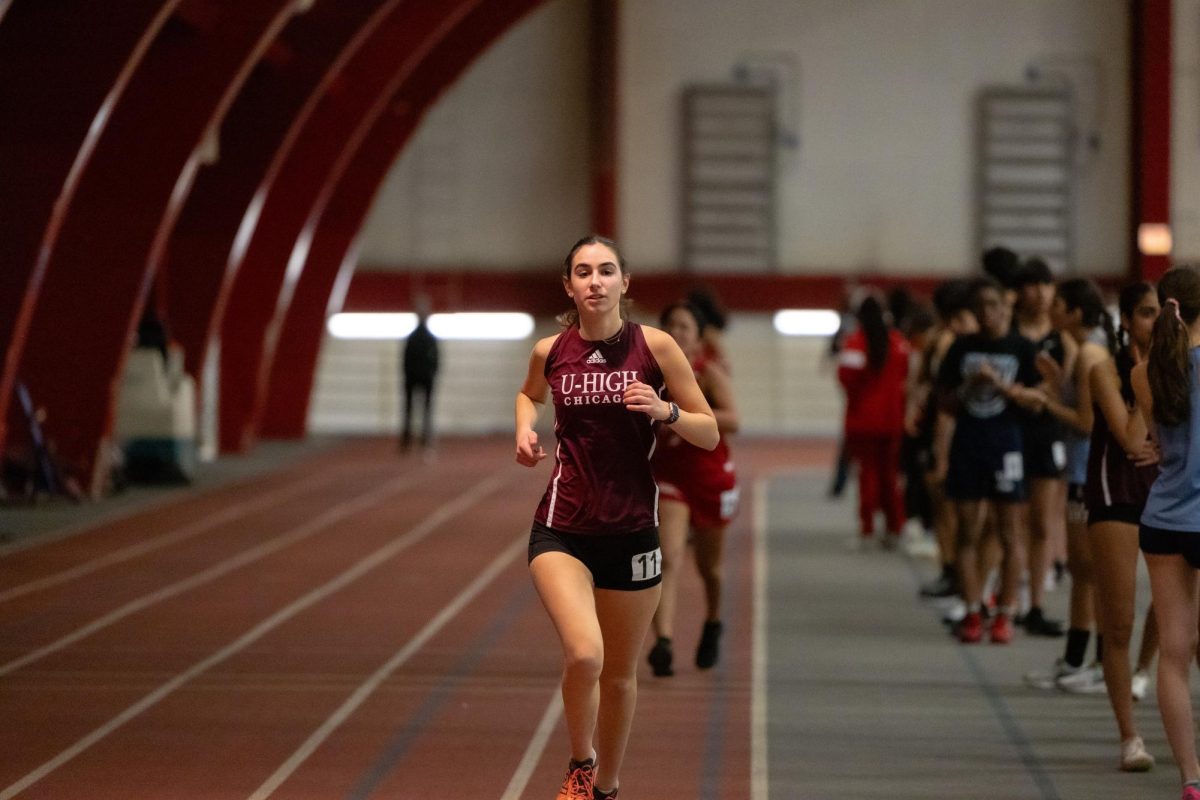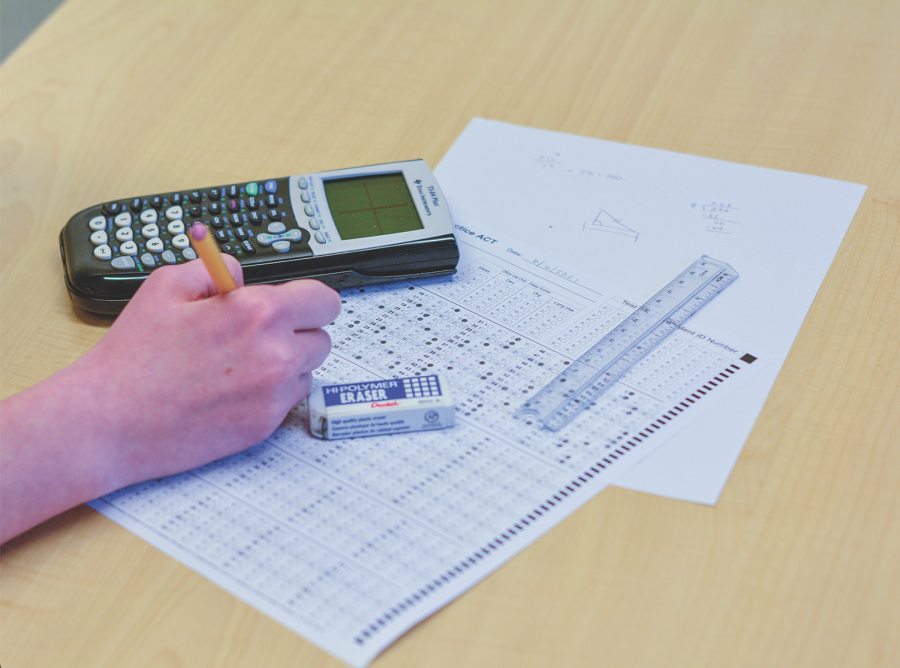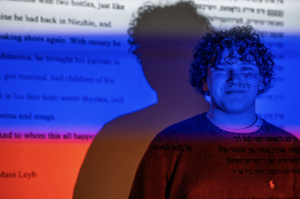Dear teachers, please don’t give us final exams
Although axing final exams may seem like yet another cut into an already lean curriculum, it is far more important for teachers to prioritize equity, academic integrity and the student experience.
May 3, 2021
As the Midway sees it…
With 23 weeks of distance learning, a sharp pivot and seven weeks of hybrid learning, the 2020-21 school year has been an experiment in establishing academic equity and anything but typical.
Although some departments have already abandoned their plans to conduct formal final exams, some teachers may still be considering administering a high-stakes exam testing the totality of the academic year or semester’s curriculum. To maintain equity and academic integrity, increase learning and show compassion toward student experiences, cumulative course exams should not be administered this year.
Despite the best efforts of faculty and administrators, inequities remain between the experiences of remote and in-person students. For example, it is not possible for remote students to participate in most in-person laboratory activities, so many are forced to watch as in-person students get the full classroom experience. Activities such as labs are the backbone of U-High’s experiential curriculum and without the ability to participate in them, remote students would be put at a disadvantage for a final exam.
Even if a class is taught similarly for each group, in-person students benefit from face-to-face instruction while remote students suffer from Zoom fatigue and online distractions just a few clicks away. These factors put remote students at a disadvantage for any synchronous test, but the effects are especially pronounced for a test worth a high percentage of a student’s grade, like a final exam.
A final-like exam would also almost definitely lead to significant cheating, especially among remote students. Although teachers have ways to administer tests or use technology to limit opportunity for cheating, nothing is as effective as the watchful eye of a teacher in the testing room. Administering such a high-stakes test with some students remaining remote would skew the results and potentially boost the grades of remote students substantially, making the test unfair for any student giving the test an honest effort.
This academic year, nearly all teachers have had to scrap parts of their class’ curricula to fit into the block schedule. Because several U-High classes build off of the curricula of their prerequisites, it is important for teachers to devote their precious class time toward getting through as much course material as possible (while prioritizing student mental health of course). Maximizing this year’s curriculum would make next academic year much easier for students by decreasing the amount of catch up. Beyond the time needed to take the test itself, a final-like exam would necessitate review periods and incentivize students to spend the last weeks of their academic year reviewing past work as opposed to covering new material that may help them succeed in future classes.
Finally, it is necessary to acknowledge that students have had wildly different experiences in the last year. While it is true that there are several students whose mental and physical health was largely unaffected this year, there are also many who have lost family members to COVID-19, experienced the illness themselves or had an otherwise rocky experience braving the pandemic. Expecting students to recall the full curriculum of such a tumultuous academic year would be unempathetic and inconsiderate to the diversity of experiences within the student body.
Although axing final exams may seem like yet another cut into an already lean curriculum, it is far more important for teachers to prioritize equity, academic integrity and the student experience. For all these reasons, teachers must not administer a final-like exam this year.
















